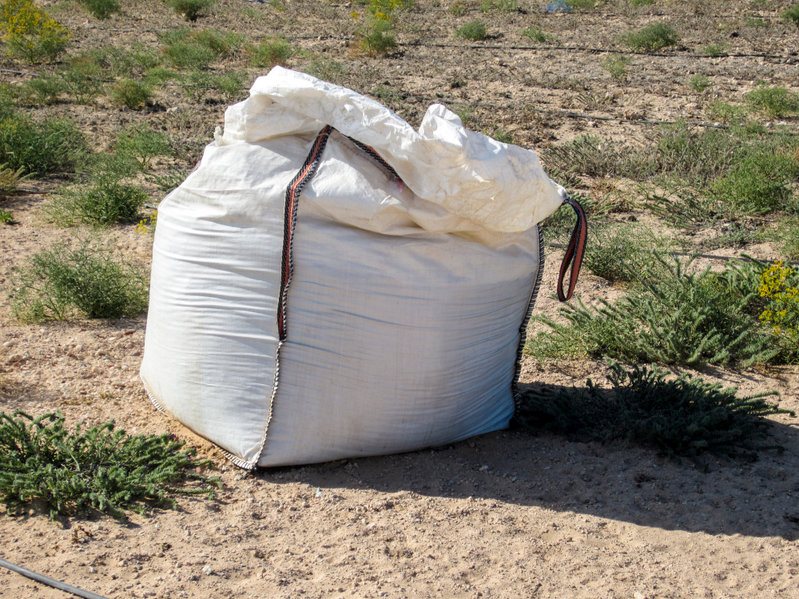
A 500 percent jump in fertiliser company profits last year is likely fuelling food price inflation, suggests new analysis.
The Energy and Climate Intelligence Unit's (ECIU) new report, released today (19 July), says that while UK shoppers struggled with food prices, fertiliser supply companies made 'unprecedented profits'.
Most conventional fertilisers are made using natural gas, with record gas prices in 2022 helping push fertiliser prices to an all-time high.
The most commonly used fertiliser is ammonium nitrate, which was £719 per tonne in 2022, compared to £217 per tonne in 2020.
These markups have bumped the fertiliser bill for farmers £1.17 billion higher in 2022 than it was in 2020, according to the ECIU's report.
Prices have begun to come down in 2023, but farmers have still spent £479 million more this year than at the same point three years ago.
Despite soaring fertiliser costs in 2022, recently published government data showed UK farmers still made a modest profit.
In the same period, retailer profits were generally flat, with the ECIU saying this indicated the higher fertiliser costs were likely passed onto the consumer.
The three main fertiliser companies that supply the UK market – CF Industries, Yara and Origin Enterprises - made a combined net profit of £5.45 billion in 2022, a rise from £909m in 2020.
Yara’s European division recorded profits of £578m in 2022, compared to £123m in 2020, with CF Industries making a gross margin of £1.28 billion on ammonia production in 2022, compared to £133m in 2020.
In 2021, CF Industries, which is the biggest fertiliser manufacturer in the UK, received a bailout from the UK government after halting ammonia production because of high costs.
Responding to the new report, Tom Lancaster, head of farming at the ECIU, said these windfalls echoed the never-seen-before profits made by oil and gas companies over the past 18 months.
He said: “With retailer profits holding steady and farmers slightly in the black, it is inevitable that the consumer is footing the bill again, this time in the form of record profits for some of the world’s biggest fertiliser companies driven up by the gas crisis.
"With the Bank of England predicting food price inflation to remain high, the effect of high gas prices on our weekly shop is lingering well into 2023.”
Last summer, the NFU said growers had no confidence in purchasing inputs due to a "complete lack of transparency" in the fertiliser market.
The union urged the government and industry to build more transparency in the market to drive resilience and bolster UK food security.
To achieve greater transparency, suppliers must publish fertiliser prices 'immediately' to help farm businesses plan for next year’s crop.
